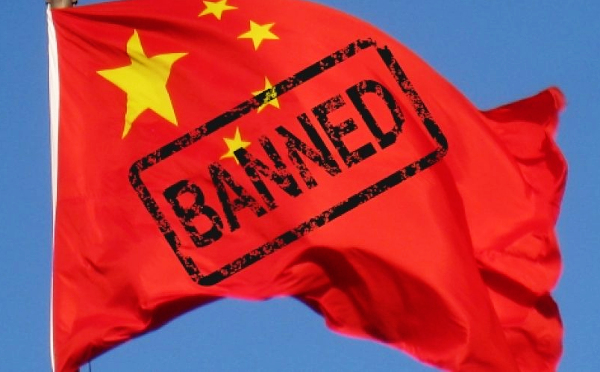India has imposed anti-dumping duty on Chinese bottle-grade PET (polyethylene terephthalate) resin—used to make bottles and jars for mineral water, carbonated soft drinks and pharmaceutical products among other goods—to offset the damage to the domestic industry.
After a year-long investigation, the Directorate General of Trade Remedies (DGTR) in December 2020 recommended imposing anti-dumping duty on the PET resin imported from China, ranging from $60.92 to $200.66, depending on quality.
The recommendation was accepted and notified by the finance ministry on Saturday.
IVL Dhunseri Petrochem Industries Pvt. Ltd and Reliance Industries Ltd, the two largest producers of the product in India, accounting for 91% of domestic production, had filed an application before the DGTR, which prompted the anti-dumping investigation in October 2019.
The two companies in their submission to DGTR held that imports from China increased drastically during the period of investigation. “The subject imports are significantly undercutting the prices of the domestic industry. The market share of the domestic industry has fallen from 80% to 64% over the injury period. If dumping is not checked, the price of exports may fall further adversely affecting profitability of domestic industry,” it added.
However, importers of the material submitted that there is no injury to domestic industry, which is still profitable and that inventories reflect a decline in the injury period. “The imports had no price effect on the domestic industry as the domestic prices increased by 26% over the injury period while the import prices increased by 33% and thus, analysis of price undercutting is meaningless,” they said.
Indian Plastics Federation, a user of the imported raw material in its submission argued against levying anti-dumping duty, saying such a measure will hit domestic processors.
“Large discounts are offered to big companies. This is not available to small and medium units. This price disparity goes against small and medium industries. Hence, small and medium industries prefer to import raw materials from China since their pricing policy and terms and conditions of payment are easier,” it added.
DGTR said imports of bottle-grade PET from China increased from 88,247 metric tonnes in FY18 to 147,601MT in FY19, while imports from other countries declined.
DGTR also observed that imports entered the market at a price significantly below the selling price of the domestic industry, thus undercutting the prices of the domestic industry in the market. “It is seen that the market share of subject imports increased considerably over the injury period, while the market share of the petitioning domestic industry fell,” DGTR added.
India is currently the largest user of anti-dumping measures among World Trade Organization (WTO) members. During 2015-19, India initiated 233 investigations, a sharp increase from 2011-14 when the number of initiations stood at 82.
Most of the investigations initiated during the review period relate to products originating in China, followed by Republic of Korea and the European Union. At end-2019, India had imposed 254 anti-dumping duties —mostly on chemicals and products.
“The average length of anti-dumping measures in force as at December 2019 was 5.9 years; however, 58 measures, which applied mainly to imports originating in China, have been in place for more than 10 years,” WTO said in its trade policy review for India released last year.
Source: LiveMint
You may also like
-
Trade Connect E-platform For Exports Is Single Window, Fast, Accessible And Transformational: Shri Piyush Goyal
-
Dot Simplifies Approval Processes For Telecom Licenses And Wireless Equipment
-
Coal Production and Supply Trends on Positive Trajectory
-
Union Minister To Release Booklets On Promotion Of Indigenous Species & Conservation Of States Fishes
-
2nd India-Japan Finance Dialogue held in Tokyo on 6th September, 2024
